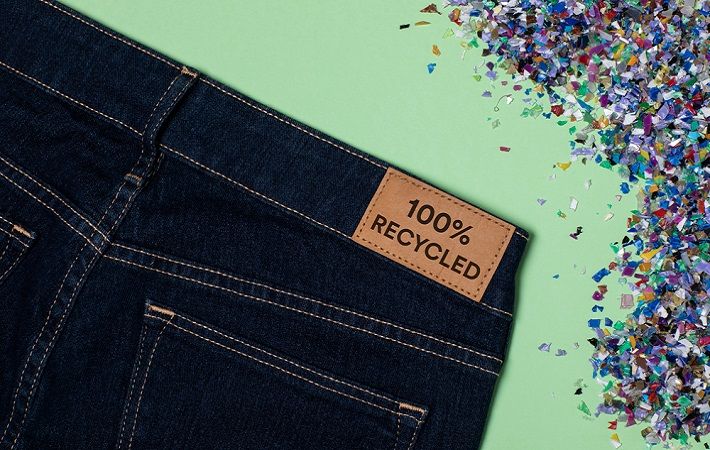
The report seeks to address the industry’s impact on the planet through linear production models and defines the roles that all stakeholders, from academia to consumers, must play.
“We welcome the report and look forward to working closely with the Institute for Positive Fashion to take the findings to the next level,” said Adam Mansell, CEO of UKFT who also sits on the IPF steering committee. “We are working on a variety of projects to support and champion UK fashion and textile manufacturing and this report presents significant opportunity for the growth of this vital part of our industry.”
The report calls on all those engaged in UK fashion to come together, embrace the vision for change as laid out in this report, and create a circular fashion ecosystem for the UK.
The UK fashion market represents one of the largest globally, with revenues of £118 billion, 890,000 workers and contributes £35 billion of the UK’s pre-pandemic GDP. Systemic change is needed to address waste across the supply chain, the high volume of clothes bought annually in the UK, a staggering 4 billion pieces of apparel in 2019, and the percentage that currently is destined for landfill (approximately 90 per cent of the fashion and textiles purchased on UK high streets re-imported and 60 per cent of all used textiles collected domestically are exported).
The industry and IPF Steering Committee identify the UK fashion sector as one that needs to evolve and address its environmental and societal impact. It is an ideal setting to create a target state for a circular fashion eco-system. The report shows that the UK fashion ecosystem is well-positioned to move the industry forward to be fully circular, the UKFT said in a media release.
This will require cross-sector collaboration and for all stakeholders to play their part in an industry transformation programme that will future proof an economy through the creation of jobs across the UK and play its part in reducing the UK’s carbon footprint and draw on natural resources.
The report provides the fashion industry with three target outcomes which combined will allow for a viable, resilient and prosperous ecosystem – reduced volume of new physical clothing; maximised utilisation and revaluation through product circularity; and optimised sorting methods and materials recovery. These outcomes are underpinned by 10 priority actions and 30 recommendations for an ecosystem of stakeholders who need to act collectively to succeed.
The priority actions involve efforts across many different parts of the fashion value chain. Each action area is equally important and has the potential to amplify the effects of the others – circular design; consumer empowerment; circular and sharing business models; demand for circular and sustainable fibres; post-use ecosystem; sortation and recycling; enhanced identification and tracking; ecosystem modelling; policy and regulation and infrastructure investment.
The BFC, which leads the IPF will now take this report to engage stakeholders, to consult on the practical steps required to kick-start their transformation programmes. The IPF Steering Committee has identified areas requiring further research and industry demonstrator projects, to translate into practical steps for delivery.
Caroline Rush CEO, British Fashion Council said “The UK has all the ingredients needed to create a blueprint for a circular fashion economy that will deliver significant environmental, commercial and societal benefits. The mammoth job at hand to put this into action can be supercharged through a Sustainable Fashion Programme that sees, industry, government and stakeholders all come to the table to play their part beyond their focus of each individual business. We are already seeing this with our emerging designers, however, with large commercial businesses, re-commerce businesses, academia, innovators, funders, logistics providers, waste management and recycling providers and the broader ecosystem coming together with government, we have an opportunity to create this target state quicker and in doing so creating jobs and skills benefiting the UK as a whole.”
Fibre2Fashion News Desk (KD)